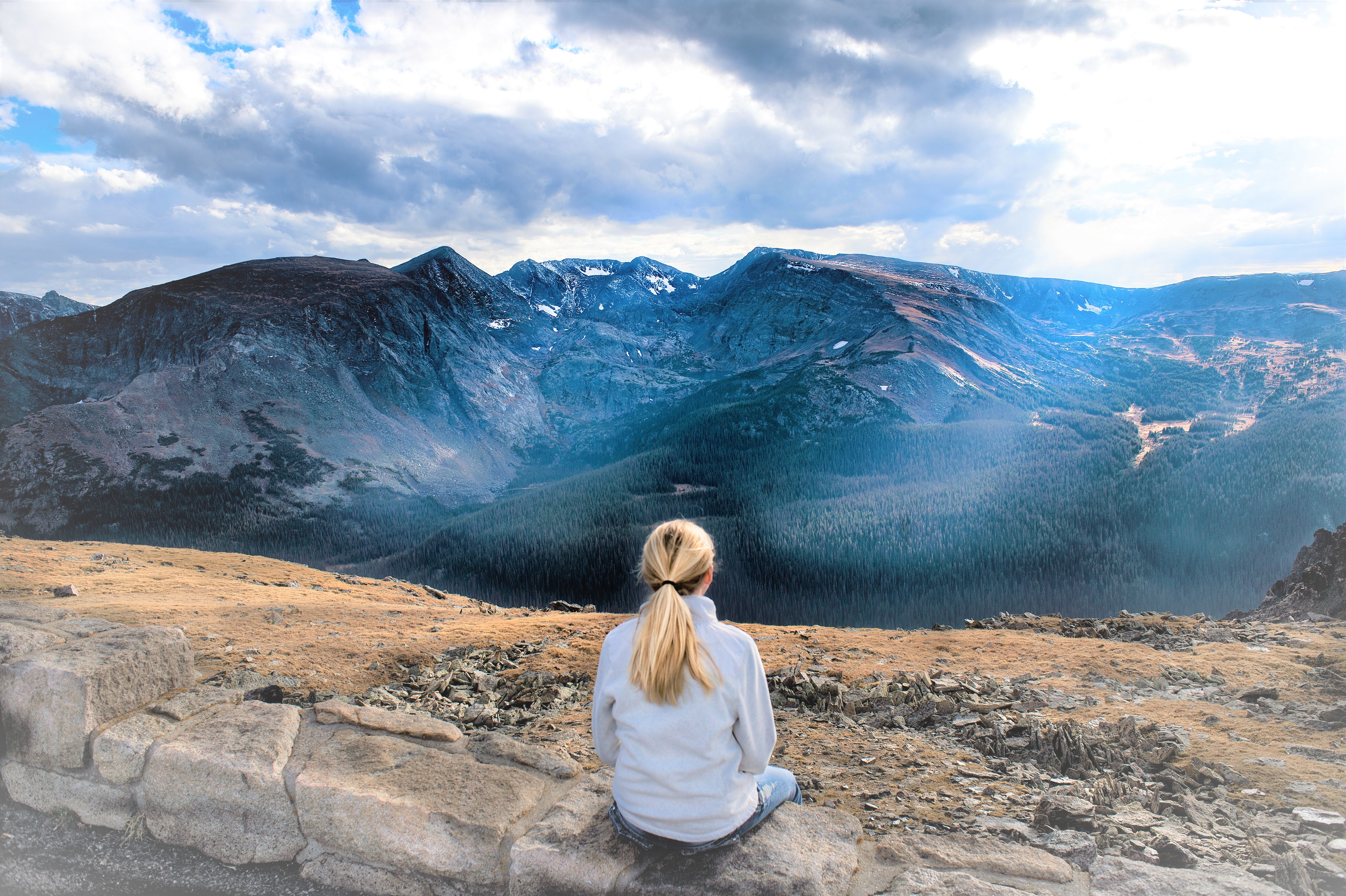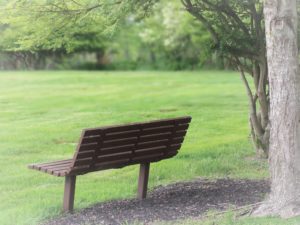Do you enjoy going to museums, being immersed in a work of art? Or a symphony, where you are plunged into the music? Are you content to just be in nature, surrounded by beauty? Or, do you start to feel bored after a roomful of paintings? A bit anxious by the third movement of the piece? Ready to have phone signal only an hour into the hike?
I know I struggle to pay attention to these offerings of beauty in the world: and I’ve noticed that the more I’ve been on email, phone, social media or tech, the harder it is for me to be present to the world around me.
Art, nature, beauty – these things require a contemplative stance: our interior posture has to shift from activity to receptivity, from doing to being. We have to choose reflection over analysis, sitting-with rather than taking-on.
It doesn’t come easily for most of us.
Our schooling and career paths usually stamp out our natural childhood propensity to wonder. We become achievers, analysts, professionals, producers. We study, we get to the next level, we gain competence, we succeed.
Productivity and success aren’t bad, of course! Thank God for the people who put hot running water in every home and electricity in every room, who wanted all children to be able to read and write, who fought for a world in which fresh vegetables could reach the inhabitants of urban jungles.
But what happens when our achievements are all that matter? What happens when art and song and nature are things that we no longer have time for? What happens to our souls when each day is a to-do list and there is no thought of who to-be?
Taking a contemplative posture doesn’t have to mean giving up on all of our activities. But it does mean gaining some perspective. Being willing to place ourselves in a position to receive the beauty in the world, to sit with it, to learn to see it without itching to get on with the next project, offers us the reward of wider vision.
We can begin to see ourselves as more than a shopping list of achievements (or lack thereof). We can allow our souls to be shaped by beauty rather than by production. We can let our spirits rest from the constant need to do more, and find ourselves drawn up into the glories of creation, or deep into the profundity of the human spirit.
Ironically, today’s pace means that we have to work to maintain this contemplative posture!
We have to make a choice about how much we allow ourselves to be driven by productivity alone – and more importantly, how much we allow ourselves to be defined by productivity alone.
This is no easy path! And no two people will face the same set of circumstances or mix of personality traits along the way. But here are three ways I try to make space for a contemplative approach to the world.
||ONE|| Silence. Periods of actual silence, with no talking, no music, no podcasts, and ideally, no loud machines running in the background. It’s a lot easier to “tune in” to the world around me, and even into the slow movements of my own soul, when I don’t have lots of noise.
||TWO|| Green. Trying to find some green space just to be in. I’m no hiker, but just sitting on a grassy knoll or riverbank will do me fine! Bonus for lovely trees or flowers there as well. I love good architecture and delight in the beauty of a well-designed space, but being somewhere green, surrounded by living things, offers a calm to my soul.
||THREE|| Good literature. This one might sound funny, but I find that good, classic literature – the kind that takes time to get into – soothes my soul and creates space for me to consider the human condition. I love a good beach read as much as the next girl, but there is something about Austen or Greene or Waugh that helps me sink deep into the experience of being human.
What about you? Do you have any practices that help you be more contemplative?






